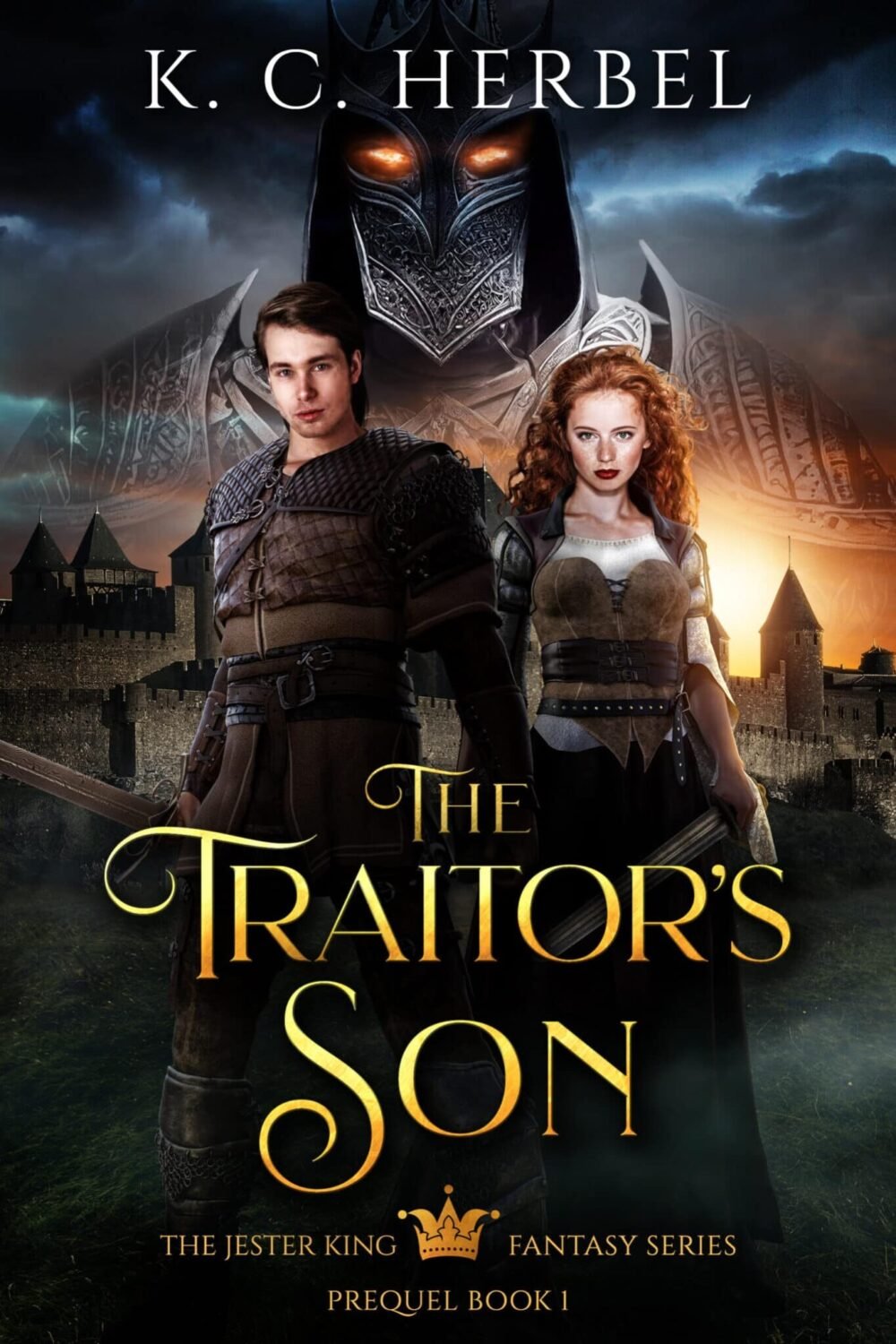
The Traitor's Son
The Jester King Fantasy Series: Prequel Book One
100% Privacy Guaranteed! Unsubscribe at any time.

The Jester King Fantasy Series: Prequel Book One
100% Privacy Guaranteed! Unsubscribe at any time.

Romeo and Juliet (1968)
Naming characters is an art.
The Bard (William Shakespeare) wrote in Romeo and Juliet, “A rose by any other name would smell as sweet.” Thus implying that the importance of a thing is not dependent upon its name, only on what it does. This may ring true, but even Shakespeare knew the importance of naming characters well. Romeo echoes in our heads with images of Rome and romance, and rushes boldly from the lips, while Juliet is a gentle (lover’s) whisper, precious like a jewel, and forces your lips into a kiss when you speak it. You see where I’m going with this?
But wait. What’s all this talk by Juliet of names and roses? Are we missing something here? Let’s listen on lest we pass a chance to hear The Bard’s fine words.
Juliet:
O Romeo, Romeo! wherefore art thou Romeo?

Romeo and Juliet – by Frank Dicksee
Deny thy father and refuse thy name;
Or, if thou wilt not, be but sworn my love,
And I’ll no longer be a Capulet.
Romeo:
[Aside] Shall I hear more, or shall I speak at this?Juliet:
‘Tis but thy name that is my enemy;
Thou art thyself, though not a Montague.
What’s Montague? it is nor hand, nor foot,
Nor arm, nor face, nor any other part
Belonging to a man. O, be some other name!
What’s in a name? that which we call a rose
By any other name would smell as sweet;
So Romeo would, were he not Romeo call’d,
Retain that dear perfection which he owes
Without that title. Romeo, doff thy name,
And for that name which is no part of thee
Take all myself.
Romeo:
I take thee at thy word:
Call me but love, and I’ll be new baptized;
Henceforth I never will be Romeo
Wow! Sorry for the Shakespeare geek-out, but I really do love the way his words flow and gush onto the page with such deep understanding and passion for the human condition. Even these well-known and over-published verses still have heat.
For those of you who don’t know the story, Romeo Montague and Juliet Capulet are teenage children of two Italian families in the midst of a long standing blood feud (much like the Hatfields and McCoys of West Virginia and Kentucky, but without the corncob pipes and shotguns). They accidentally meet, fall madly in love (before realizing they should be at war), and spend the remainder of their tragically short lives trying to figure out a way they can be together despite their families’ murderous hatred of each other, only to take their own lives. So what has this to do with naming characters? I’m glad you asked.
What’s in a name?
Shakespeare has given Juliet quite a dilemma. In childlike denial (befitting her character), she contemplates changing their names as a way out, yet in her heart she knows that no amount of name changing or “denying” will change the fact that they must both leave their families in order to be together. Her family will always see Romeo as a Montague, just as his family will only see her as a Capulet. The families are not blinded by love as are the two young lovers (the families are blinded by hatred). The lover’s (family) names in fact encompass everything they are to their lover’s family, and probably most everyone else in town.
The point I’m making is this: a person’s name becomes a shorthand symbol of their identity to everyone that knows them or knows of them (through friends and family). This goes for fictional characters and the readers that love/hate them. Therefore, it is important for each character to have a name that suits their personality and role in your story. Your readers will form a relationship with that name. It’s the character’s handshake, their calling card, their CV, their reputation. The character’s name is a meaningful glance or wink across the room to the reader. It signals the reader like a Cliff’s Notes micro-story, “Look out. He’s back.” or “What’s she up to this time?” or “Thank goodness the cavalry’s here!” The name’s “message” is the character’s persona exposed in a revealing portrait. A name can reveal and should buoy everything the reader knows about the character. It can tell them about and even come to symbolize the character’s world and culture.
So, what’s in a name? … Everything.

Please stayed tuned! In later posts, I will be exploring how to name characters.
What’s your favorite character’s name? What’s your favorite name for a character? Are they the same? What’s your process for creating names for your characters? Please leave a comment below.